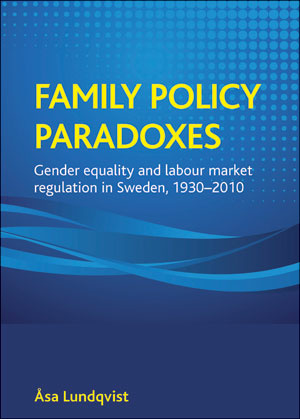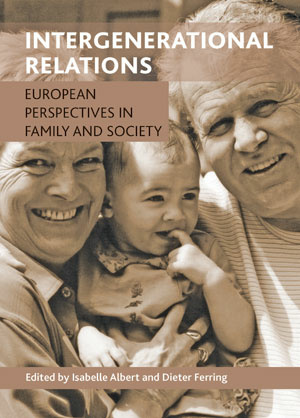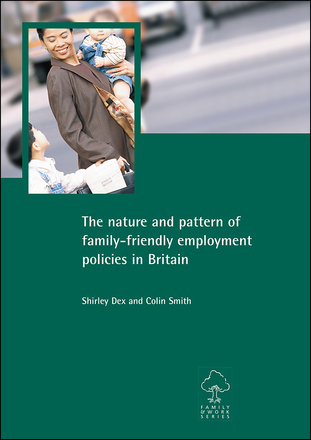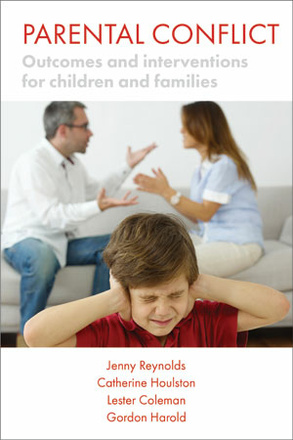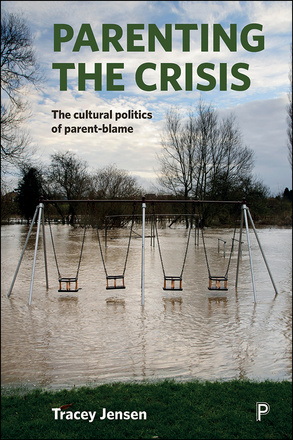Family policy
Family policy paradoxes
Gender equality and labour market regulation in Sweden, 1930-2010
This book looks at political attempts to create a 'modern family' and the aspiration to regulate the family and establish gender equality, examining the regulation of the family in Sweden between 1930 and today.
Fatherhood in the Nordic Welfare States
Comparing Care Policies and Practice
In this topical book, expert scholars from the Nordic countries, the UK and the US demonstrate how modern fatherhood is supported in Nordic countries through family and social policies, and how these shape and influence the images, roles and practices of fathers in a diversity of family settings and variations of fatherhoods.
Fathers, Families and Relationships
Researching Everyday Lives
Covering a wide range of subjects from non-resident fathers to father engagement in child protection, this major contribution to the field offers unique insights into how to research fathers and fatherhood in contemporary society.
How Inequality Runs in Families
Unfair Advantage and the Limits of Social Mobility
In the UK, as in other rich countries, the ‘playing-field’ is anything but level and the family plays a surprisingly crucial part in maintaining inequality. This book explores how seemingly mundane aspects of family life raise fundamental questions of social justice and calls for a rethink of what equality of opportunity means.
Intergenerational Relations
European Perspectives in Family and Society
This book provides innovative views in the multidisciplinary research field of intergenerational family relations in society, with a focus on Europe. Different, but complementary, perspectives are integrated in one volume bringing together international scholars from sociology, psychology and economics.
Legal Aid in Crisis
Assessing the Impact of Reform
This book is the first to evaluate the recent reforms of UK legal aid from a social policy perspective and assess their impact on family law courts and advocacy. It argues that the reforms effectively ‘delawyerise’ disputes, producing a more inquisitorial justice system and impacting the litigants, court system, staff and process.
Nanny Families
Practices of Care by Nannies, Au Pairs, Parents and Children in Sweden
Using Sweden as a case study, this book combines theories of family practices, care and childhood studies with the personal perspectives of nannies, au pairs, parents and children to provide new understandings of what constitutes care in nanny families.
The nature and pattern of family-friendly employment policies in Britain
This report provides a detailed understanding of employers' motivations for offering flexible working and the outcomes of different policies and practices for both employers and employees.
Parental Conflict
Outcomes and Interventions for Children and Families
The book shows how children are affected by conflict, explores why they respond to conflict in different ways, and provides clear, practical guidance on the best ways to ameliorate the effects.
Parental Leave and Beyond
Recent International Developments, Current Issues and Future Directions
This volume provides an international perspective on parental leave policies in different countries, goes beyond this to examine a range of issues in depth, and aims to stimulate thinking about possible futures and how policy might underpin them.
Parenting the Crisis
The Cultural Politics of Parent-Blame
This book examines how pathologising ideas of failing, chaotic and dysfunctional families create a powerful consensus that Britain is in the grip of a ‘parent crisis’ and are used to justify increasingly punitive state policies.
Parents, Poverty and the State
20 Years of Evolving Family Policy
Naomi Eisenstadt and Carey Oppenheim explore the radical changes in public attitudes and public policy concerning parents and parenting, arguing that a more joined-up approach is needed to improve outcomes for children: both reducing child poverty and improving parental capacity by providing better support systems.







